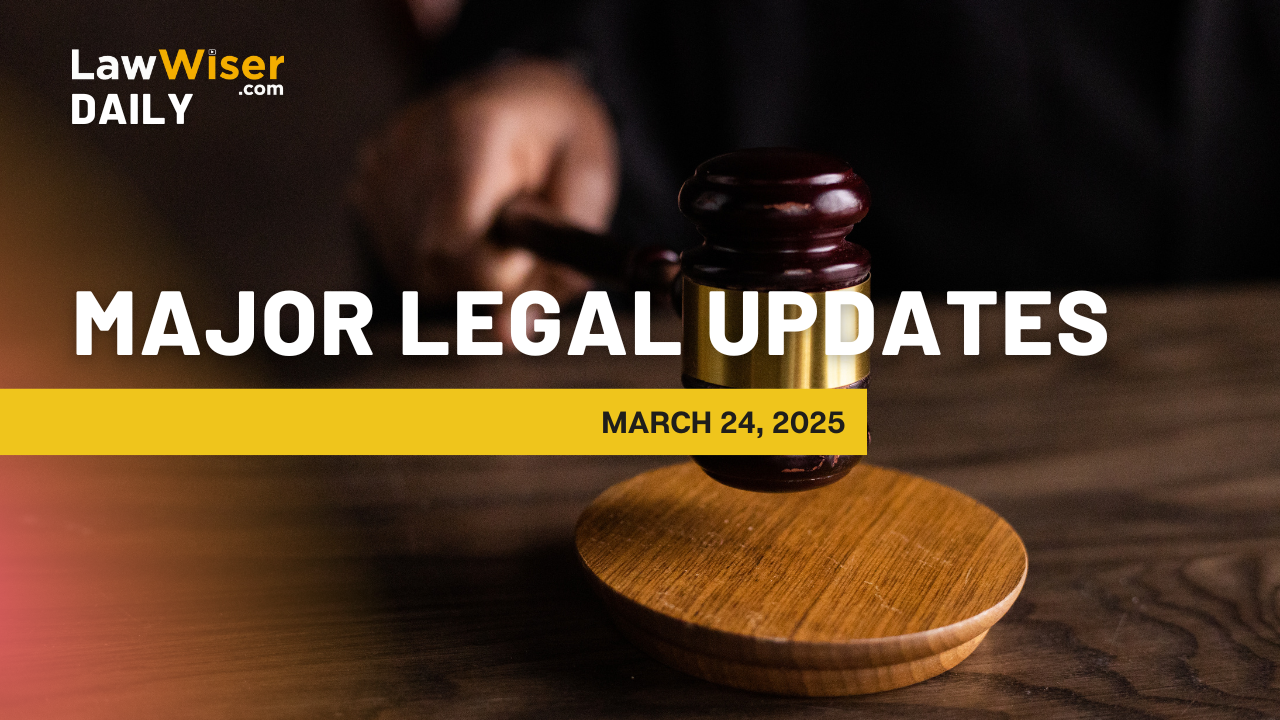PIL in Supreme Court seeks CBI probe into alleged honey-trap scandal involving Karnataka judges, ministers
A public interest litigation has been filed in the Supreme Court seeking a CBI investigation into alleged honey-trapping of a senior Karnataka minister, legislators, and judges. The matter was mentioned before Chief Justice of India Sanjiv Khanna, who said the petition will be listed on March 25.
The plea was filed by Jharkhand-based advocate Binay Kumar Singh following allegations raised by Karnataka Minister for Cooperation KN Rajanna. Speaking in the State Assembly on March 20, Rajanna claimed he had been targeted by a honey-trap gang that had also approached 47 others, including individuals across party lines and members of the judiciary.
The allegations sparked uproar in the Assembly, resulting in the suspension of 18 BJP MLAs after protests disrupted proceedings.
The petitioner argued that attempts to compromise judges pose a direct threat to judicial independence and public trust in the judiciary. The plea stated that judges subjected to blackmail may be forced to deliver rulings under coercion, undermining their role as impartial arbiters.
According to the petition, such incidents jeopardise the judiciary’s ability to act as a safeguard against misuse of power by the executive or legislature, thereby eroding democratic principles.
Petitions filed in Delhi High Court over bar association elections at Patiala House, Saket, and Rouse Avenue courts
Three petitions related to recent bar association elections at Patiala House, Saket, and Rouse Avenue courts were mentioned before the Delhi High Court on March 24 for urgent listing.
The matters came up before the Bench of Chief Justice Devendra Kumar Upadhyaya and Justice Tushar Rao Gedela. Concerning the Patiala House Court bar election, the petitioner claimed discrepancies between the number of eligible voters and votes cast, despite elections being held using proximity cards. The petitioner submitted that a representation had been made to the election officer and sought court intervention.
Upon learning that election results had already been declared, the Chief Justice stated that the appropriate remedy would be to challenge the results through legal means, noting that bar association elections are governed by the Societies Registration Act.
The Court allowed the matter to be listed and it was taken up briefly by Justice Mini Pushkarna, who directed status quo to be maintained until Tuesday morning without going into the merits of the case.
Two other petitions were also permitted to be listed. One pertained to the Saket Court bar election, where the petitioner alleged mismanagement and sought cancellation of the election. The petitioner, who had contested for the post of Secretary, also requested the appointment of a retired High Court judge as observer. The Chief Justice noted that an observer would be relevant only after the election program was declared. The matter is scheduled for hearing on Wednesday.
The third petition involved the Rouse Avenue Court bar election. The Court was informed that counting was still ongoing, though results for some posts had been announced. This matter will be listed on Tuesday.
Supreme Court and Karnataka High Court Push for Women’s Reservation in Bar Associations
The Supreme Court has mandated a 30% reservation for women lawyers in the governing councils of district bar associations across Karnataka. This follows an earlier order regarding the Advocates Association Bengaluru (AAB) elections, where the Court had directed that the Treasurer position be reserved exclusively for women and recommended a 30% reservation for women in the AAB’s governing council. The Court confirmed that the AAB elections had adhered to these directives and called for the same reservation model to be applied to all district bar associations in Karnataka. The Court’s order also requires each bar association to submit a compliance report to the district and sessions judge.
At the same time, the Karnataka High Court endorsed similar reservations for women in bar associations across the state. The High Court’s order followed a request for 33% reservation for women lawyers in the Tumakuru District Bar Association (TBA), with the Association committing to reserve a Joint Secretary position and two executive council posts for women in the upcoming elections. The High Court emphasized the need for such reservations across all bar associations in Karnataka, referring to the “old men’s clubs” in such bodies and stressing that equal representation for women is both morally and legally essential. The Court remarked that no woman should feel that they lack opportunities in a nation governed by a vibrant Constitution.



 March 24, 2025
March 24, 2025






 February 4, 2026
February 4, 2026 0 COMMENTS
0 COMMENTS



